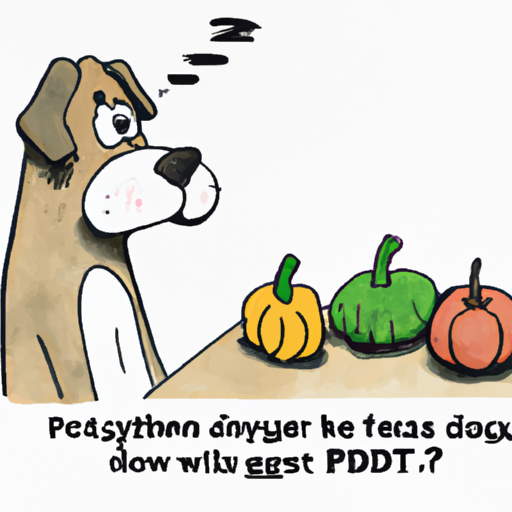As a dog owner or caregiver, you may have experienced moments of concern when your furry friend seems to have difficulty relieving themselves. It can be distressing to see your beloved pet in discomfort, and not knowing how to help can add to your anxiety. This guide is written specifically to address this issue, providing you with comprehensive insights and practical solutions.
Understanding the Importance of Regular Bowel Movements in Dogs
Just like in humans, regular bowel movements are essential for a dog’s overall health. Constipation, or the inability to defecate regularly, can lead to discomfort, pain, and serious health problems. Understanding the reasons behind your dog’s constipation and knowing what to do about it is the first step in helping your pet.
- Diet: A diet low in fiber or high in fat can cause constipation in dogs.
- Hydration: Dehydration is a common cause of constipation.
- Lack of exercise: Physical activity stimulates bowel movements.
- Medications or health conditions: Certain drugs and health issues can also lead to constipation.
Dietary Changes to Help Your Dog Poop
One of the most effective ways to combat constipation in dogs is through dietary modifications. These changes can provide your dog with the necessary fiber and hydration to facilitate regular bowel movements.
- High-fiber foods: Foods like pumpkin, sweet potatoes, and bran can increase your dog’s fiber intake.
- Hydration: Make sure your dog has constant access to fresh water.
- Probiotics: These can help balance your dog’s gut flora, aiding digestion.
| Food | Fiber Content |
|---|---|
| Pumpkin | High |
| Sweet Potatoes | High |
| Bran | High |
Physical Activity for Regular Bowel Movements
Physical activity is crucial in maintaining your dog’s bowel regularity. Regular walks, playtimes, and exercises can stimulate your pet’s intestines and promote regular bowel movements.
- Walks: Try to walk your dog at least once a day.
- Playtime: Games that involve running or jumping can help stimulate bowel movements.
- Exercise: Regular exercise is crucial for keeping your dog’s digestive system healthy.
When to Seek Veterinary Help
While dietary changes and increased physical activity can greatly help in alleviating your dog’s constipation, there are times when professional help is needed. If your dog’s constipation persists for more than two days, or if they are in obvious pain, it’s time to consult a vet.
- Persistent constipation: If your dog hasn’t defecated in more than two days, seek veterinary help.
- Pain or distress: If your dog seems to be in pain or distress, contact a vet immediately.
- Other symptoms: Symptoms like vomiting, lack of appetite, or weight loss accompanying constipation warrant an immediate vet visit.
FAQs
Q: How can I tell if my dog is constipated?
A: If your dog has difficulty pooping, strains while pooping, or hasn’t pooped in more than two days, they may be constipated.
Q: Can I give my dog human laxatives?
A: No, human laxatives can be harmful to dogs. Always consult a vet before giving your dog medication.
Q: How much fiber should I add to my dog’s diet?
A: The right amount of fiber depends on your dog’s size, breed, and overall health. Your vet can provide the best advice.
Remember, your dog relies on you for their well-being. Understanding their needs and taking action when necessary can make a world of difference in their health and happiness.



